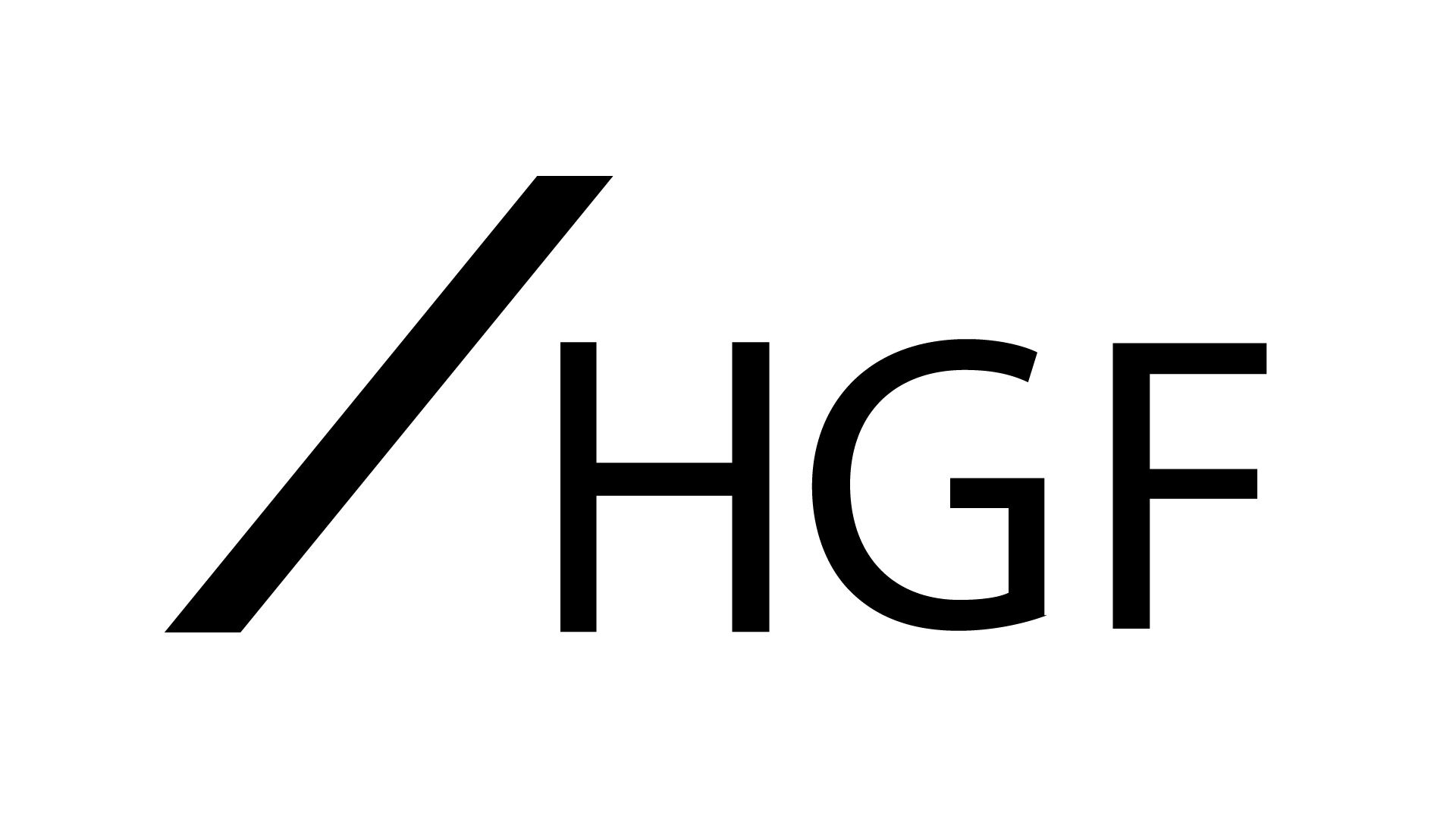News
Supreme Court holds that SKY marks were registered in bad faith
November 2024
In a long-awaited judgment https://www.supremecourt.uk/cases/docs/uksc-2021-0181-judgment.pdf, the Supreme Court allowed Skykick’s appeal, agreeing with the High Court that well-known broadcaster, Sky applied for a number of SKY marks in bad faith. This was based on an allegation that Sky had registered overly broad specifications for the SKY marks with no intention to use all the goods and services but to deploy them as a legal weapon against third parties. The Supreme Court also held that the narrowing of the categories of goods and services upon which Sky relied by the High Court was fair. The Court of Appeal had been correct, however, in overturning in part, the judge’s findings on infringement of the SKY marks in relation to Cloud Migration services.
The judgment is substantial and dealt with a number of important issues, including what constitutes bad faith when applying for a trade mark, as well as the impact of the UK’s withdrawal from the EU on court cases involving EU trade marks. The importance of these issues for trade mark owners and practitioners is highlighted by the fact that the Supreme Court handed the judgment down despite an application from the parties withdrawing the appeal following conclusion of a global settlement in their ongoing trade mark disputes.
The Supreme Court identified that the circumstances that might justify a finding that an application to register a sign was made in bad faith tended to fall into two categories: (i) where the application was made, not with the intention of engaging fairly in competition but with the intention of undermining, in a manner inconsistent with honest practices, the interests of third parties; or (ii) where the application was made with the intention of obtaining an exclusive right for purposes other than those falling within the functions of a trade mark, in particular, the origin-indicating function.
The Supreme Court held that the CoA had been wrong to find that objective circumstances limited to the width or size of the specification of goods or services could never, of themselves, be sufficient to rebut the presumption of good faith. Whether an inference of bad faith can properly be drawn from a very broad specification will depend on all the circumstances. Where a person makes an application to register a mark for goods and services for reasons not contemplated by the legislation and in relation to which the person has no intention to use the mark as a badge of origin, that constituted an abuse or misuse of the system. Lord Kitchin was clear that this was not intended to affect the ability of proprietors to utilise the grace period in which the mark would not be vulnerable for non-use. Further, allegations of this nature can be rebutted by the proprietor who can provide a reasonable explanation and justification for its actions.
The question the Court will ask is whether, absent an explanation and rationale consistent with the functions of a trade mark, it is reasonable to infer from the size and nature of the list of goods and services the subject of the application and in all the other circumstances, including the size and nature of the applicant’s business, that the application constituted, in whole or in part, an abuse of the system and was, for that reason, made in bad faith.
This judgment highlights the importance for brand owners of ensuring that applications for trade mark protection are made with the origin function of a trade mark in mind – that is, enabling a consumer to distinguish the goods and services of one brand from another. This judgment doesn’t prevent legitimate expansion of a brand and seeking trade mark protection to facilitate that but companies should be cautious about overly broad specifications that can’t be objectively justified.
This article was prepared by Partner & Head of Law Rachel Fetches.





























